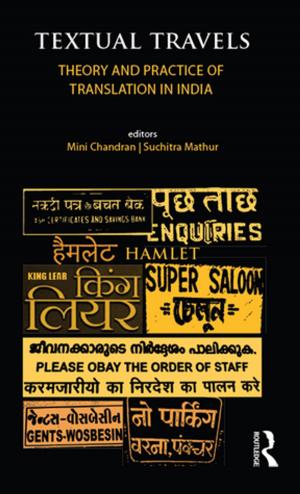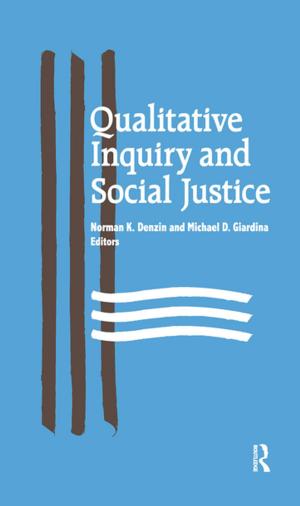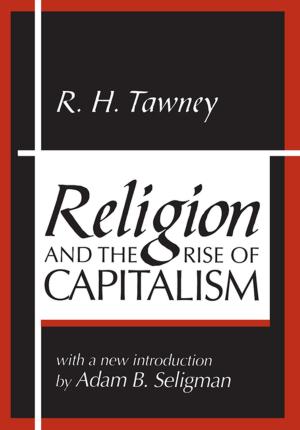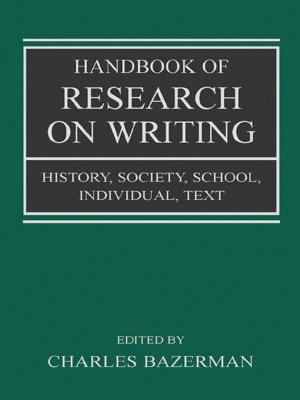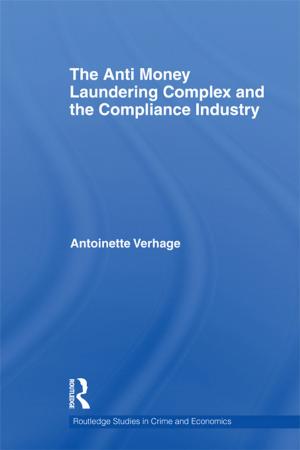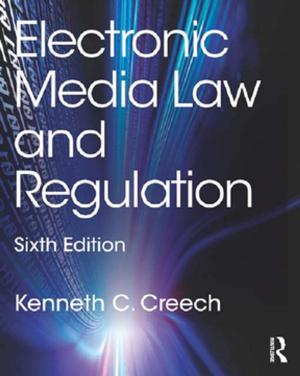Radical Schooling for Democracy
Engaging Philosophy of Education for the Public Good
Nonfiction, Reference & Language, Education & Teaching| Author: | Neil Hooley | ISBN: | 9781317237327 |
| Publisher: | Taylor and Francis | Publication: | August 7, 2017 |
| Imprint: | Routledge | Language: | English |
| Author: | Neil Hooley |
| ISBN: | 9781317237327 |
| Publisher: | Taylor and Francis |
| Publication: | August 7, 2017 |
| Imprint: | Routledge |
| Language: | English |
Radical Schooling for Democracy proposes that formal education around the world has a serious philosophical weakness: as the ideology of neoliberalism increasingly dominates economic and as a consequence, educational and social life, formal education has adopted a narrow, rational and economic purpose for all students. Hooley argues that, under these circumstances, schooling is inherently frustrating and alienating for vast numbers of children as they are systematically removed from the big ideas and practices of history and knowledge of which they and their communities are a part and are instead inducted into a technical and superficial rationality of human existence.
Radical Schooling for Democracy begins with a progressive and contemporary overview of philosophical and sociological thought during the European Enlightenment and identifies a framework of understanding that is extremely weak in education. This action framework of integrated philosophy, sociology and epistemology generates an ‘action theory’ that not only accounts for human progress, but has the potential to radically change the nature of schooling. A number of theorists who generally support a ‘theory of action’ is considered, ranging from Aristotle, Marx, Dewey and Freire to Habermas. From this analysis, the curriculum, pedagogical, assessment and research constructs of schooling are detailed such that a coherent and integrated model of education as an attribute of being human can be articulated, rather than being seen as a disparate derivative from other disciplines.
With its coverage of internationally relevant issues, this book will be essential reading for academics, graduate students, policymakers and researchers in education, philosophy, sociology and epistemology, as well as teachers and pre-service teachers.
Radical Schooling for Democracy proposes that formal education around the world has a serious philosophical weakness: as the ideology of neoliberalism increasingly dominates economic and as a consequence, educational and social life, formal education has adopted a narrow, rational and economic purpose for all students. Hooley argues that, under these circumstances, schooling is inherently frustrating and alienating for vast numbers of children as they are systematically removed from the big ideas and practices of history and knowledge of which they and their communities are a part and are instead inducted into a technical and superficial rationality of human existence.
Radical Schooling for Democracy begins with a progressive and contemporary overview of philosophical and sociological thought during the European Enlightenment and identifies a framework of understanding that is extremely weak in education. This action framework of integrated philosophy, sociology and epistemology generates an ‘action theory’ that not only accounts for human progress, but has the potential to radically change the nature of schooling. A number of theorists who generally support a ‘theory of action’ is considered, ranging from Aristotle, Marx, Dewey and Freire to Habermas. From this analysis, the curriculum, pedagogical, assessment and research constructs of schooling are detailed such that a coherent and integrated model of education as an attribute of being human can be articulated, rather than being seen as a disparate derivative from other disciplines.
With its coverage of internationally relevant issues, this book will be essential reading for academics, graduate students, policymakers and researchers in education, philosophy, sociology and epistemology, as well as teachers and pre-service teachers.





